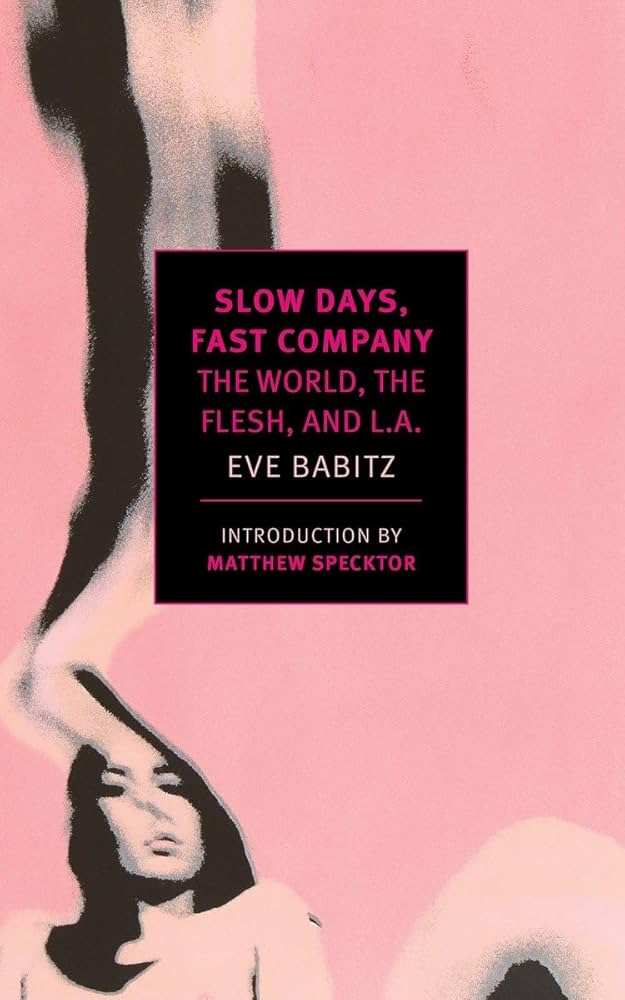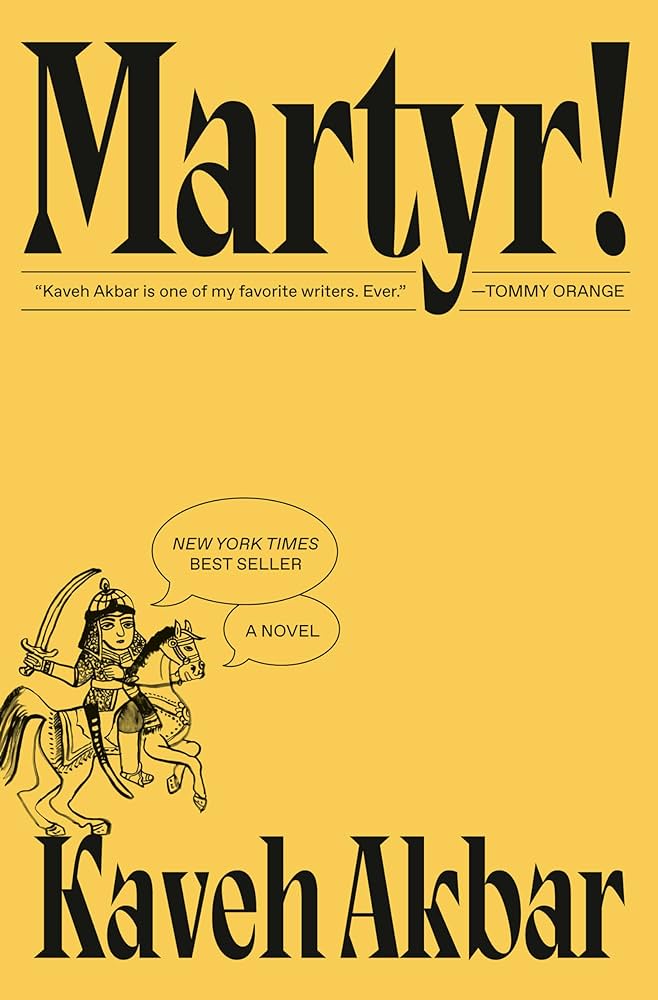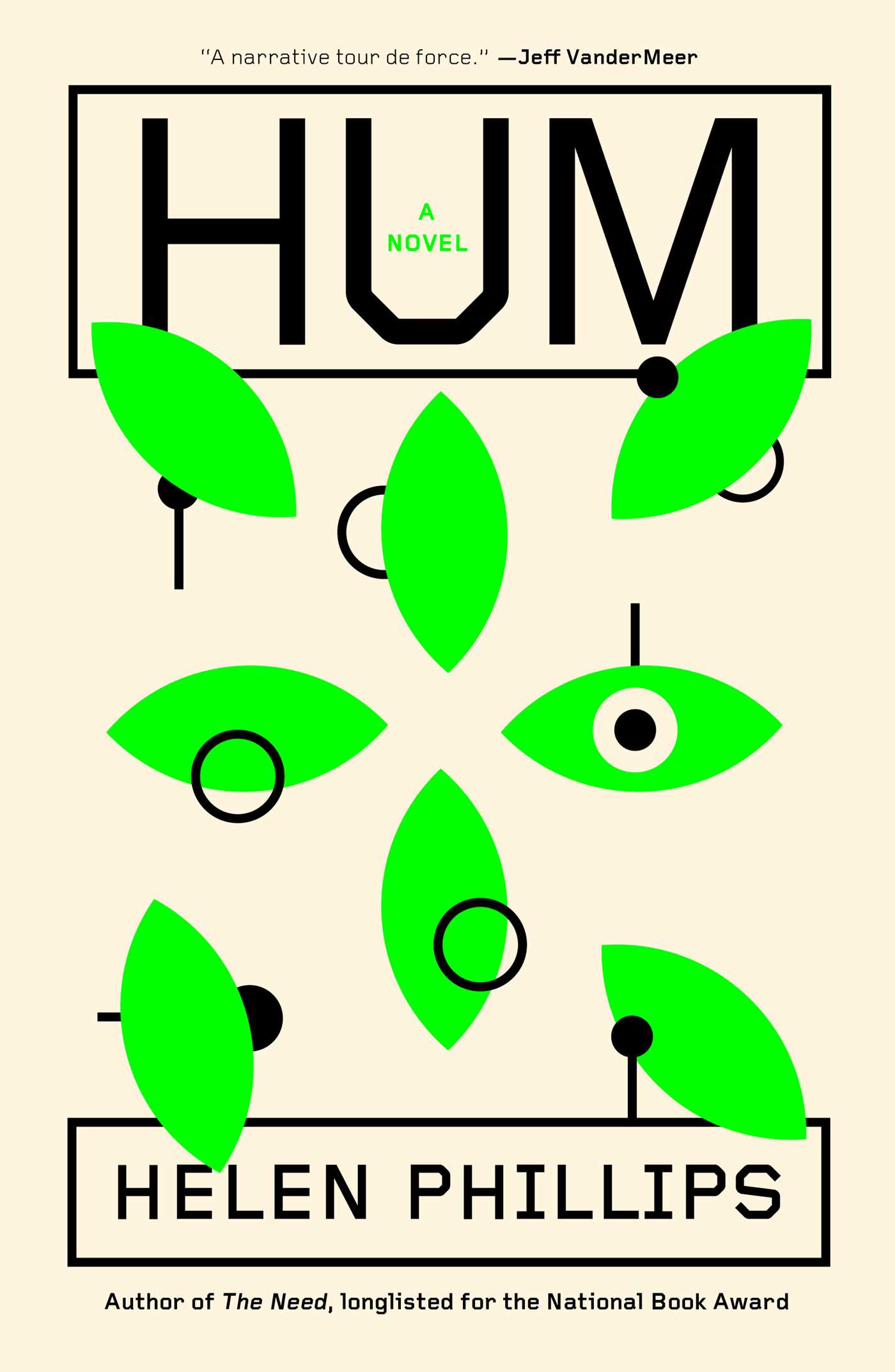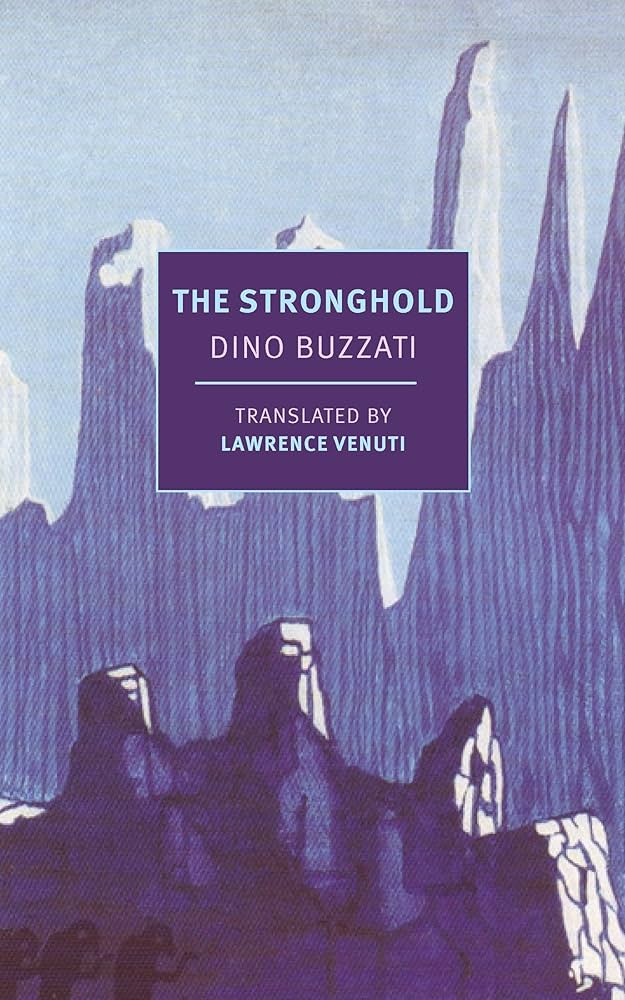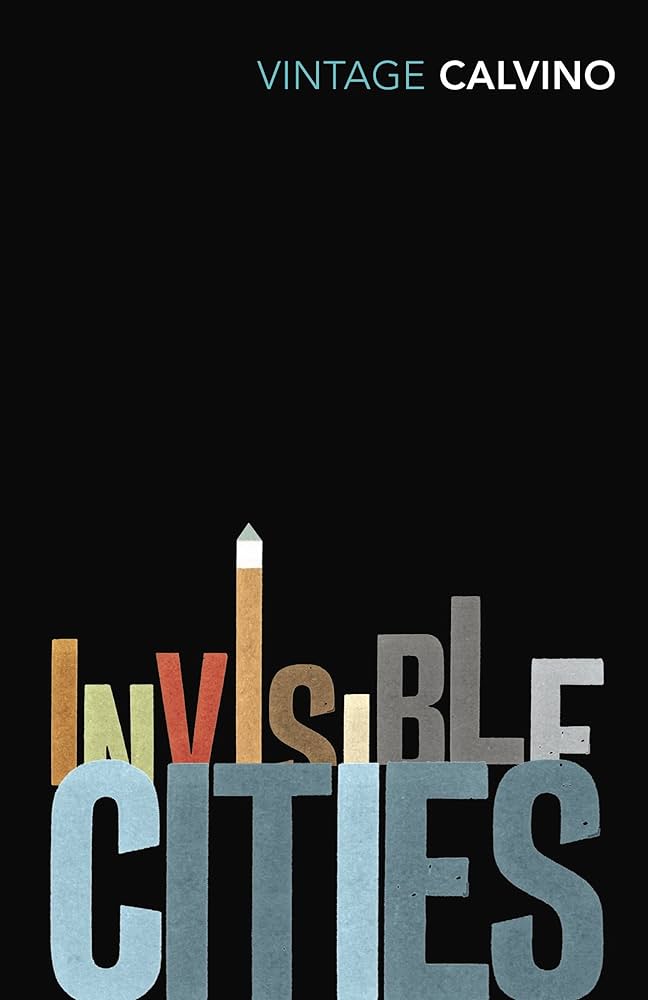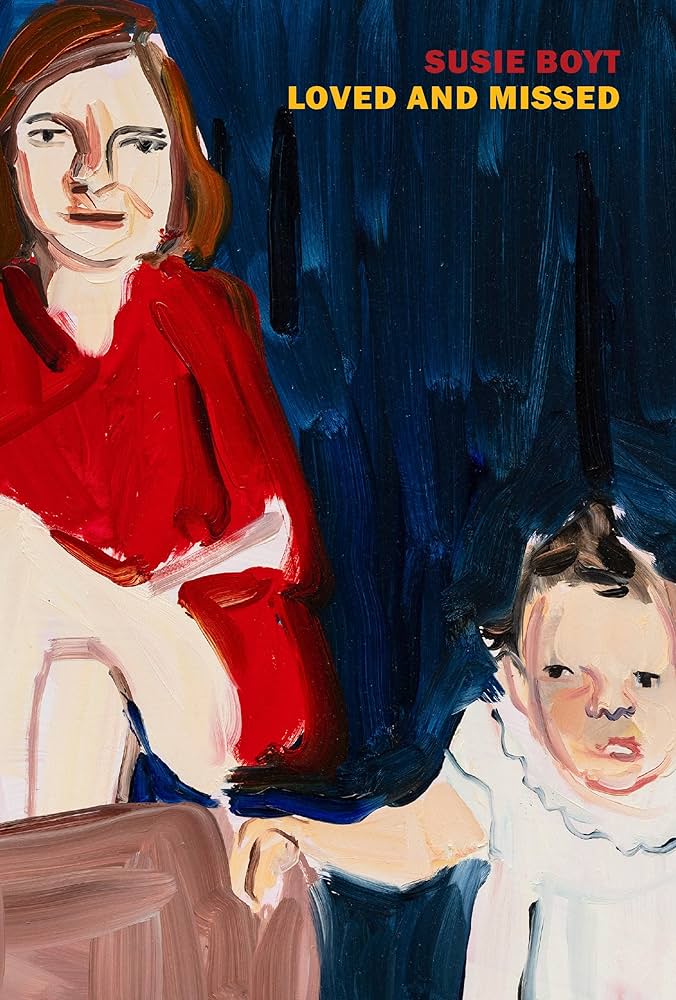“Make no mistake, I only achieve simplicity with enormous effort.“
Clarice Lispector has been on my ‘get around to reading’ list for a long time. Hour of the Star was interesting and memorable enough that there will be more of her work showing up here soon.
It’s a weird book, and it’s difficult to describe. An unusual narrator tells a story about Macabéa, a woman born into deep poverty and bad luck. A woman who doesn’t care about that, and isn’t at all aware of how deprived she is. She has a job, she loves Coca-Cola and eats hot dogs every day. She falls in love but it doesn’t go as planned.
The narrator, Rodrigo S.M., is what makes the book weird. The story is as much about his character as it is about Macabéa. He describes the story before he tells it, he interjects constantly, frequently making the story about himself. At one point he wonders, “Who has not asked himself at some time or other: am I a monster or is this what it means to be a person?”
This is the real wonder of this book — Lispector’s use of language. So many turns of phrase in this novel are exactly that: novel. Turns out that’s what makes her so revered in literary circles. Here’s a great article in The Atlantic about her (archive link) that addresses it:
The difficulty of translating Lispector is partly due to the fact that even in her native Portuguese, she often created fake idioms and distorted normal ones. Her translator, Katrina Dodson, gives an example from the story “Silence,” in which Lispector uses the phrase “ponto do trigo,” or “point of wheat,” in a sentence she translates as “I never thought that the world and I would reach this point of wheat.”
“That sounds as if it’s a known expression but [it] isn’t at all,” [translator Katrina] Dodson writes in an email. “We must have asked at least six Brazilians what it meant and no one could say.” She writes in the translator’s note that appears in the new collection, “These unexpected choices often make you do a double-take or blur your reading even if you don’t stumble.”
It’s a short book but it was unusual enough that I’ll seek out more by Lispector, and it’ll probably lead me to rereading The Hour of the Star and seeing it in an entirely new light.


